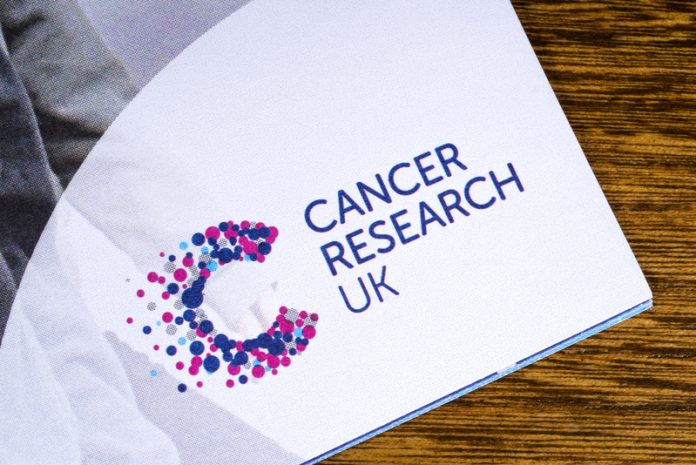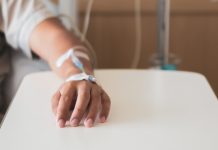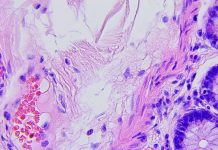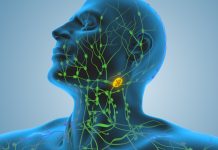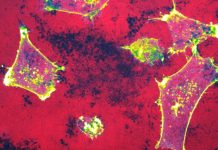Sir Harpal Kumar, former CEO of Cancer Research UK, outlines his vision for cancer in the future and said that earlier diagnosis would enable the UK to catch up with its international counterparts in terms of survival rates and would also make the NHS more efficient
Sir Harpal Kumar, former CEO of Cancer Research UK delivered the 13th Annual Lecture organised by the Medicines and Healthcare products Regulatory Agency in London yesterday (17th October).
During the speech, Sir Harpal Kumar said he would like to see an end to the unacceptable variation in cancer treatment that exists in the UK, whereby some patients have long waits for appointments or tests, depending on where they live.
He also wants to see an improvement in the relationship between research and the NHS so patients receive new treatments much quicker.
Citing recent Cancer UK Research, Sir Harpal said the evidence showed around 60% of doctors felt they’d experienced a barrier to adopting a new treatment, rising to 83% amongst oncologists, with money being the most frequent barrier.
In his speech to an audience of clinicians and healthcare leaders, he made reference to the ageing population meaning in the next decade, there is likely to be an increase in the total number of deaths from cancer in the UK. Last year, more than 162,000 deaths were cancer-related, representing 28% of all deaths in the UK.
Sir Harpal Kumar said: “We have the potential to transform outcomes for many thousands of cancer patients, based on what we know now, even if there were no more research.
“We have to think and act differently. If we cracked earlier diagnosis, it wouldn’t just enable us to catch up with our international counterparts, through the thousands of lives saved. It would also mean a huge increase in NHS efficiency.”
Dr Ian Hudson, MHRA’s Chief Executive, said: “As a regulator, we know the important role that research and development plays in bringing new treatments to patients.
“Given the ageing population, our work is even more vital to help transform outcomes for many thousands of patients – including cancer patients – to help make sure new and innovative treatments are made available to patients at the earliest, safest opportunity.“

